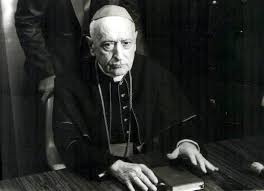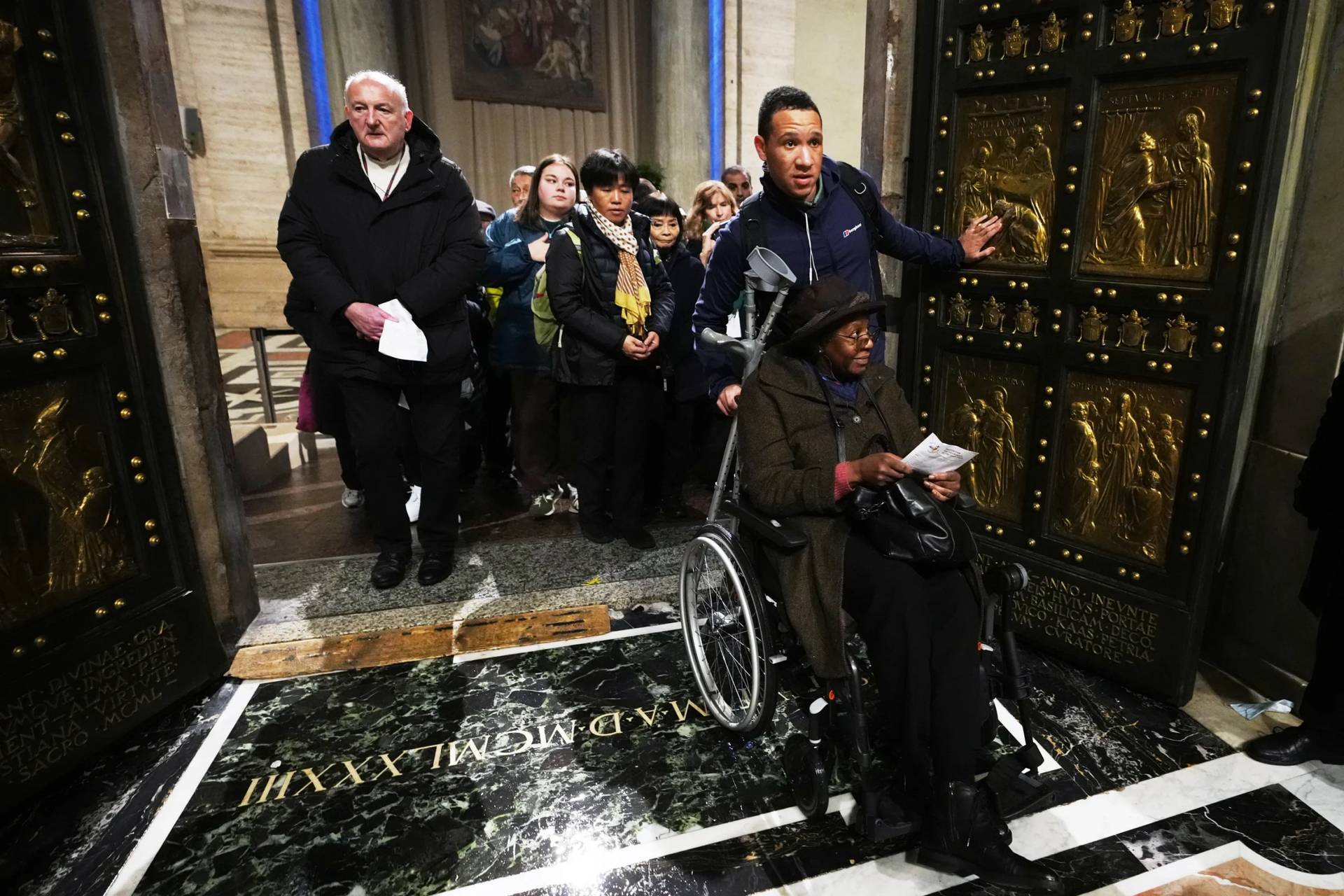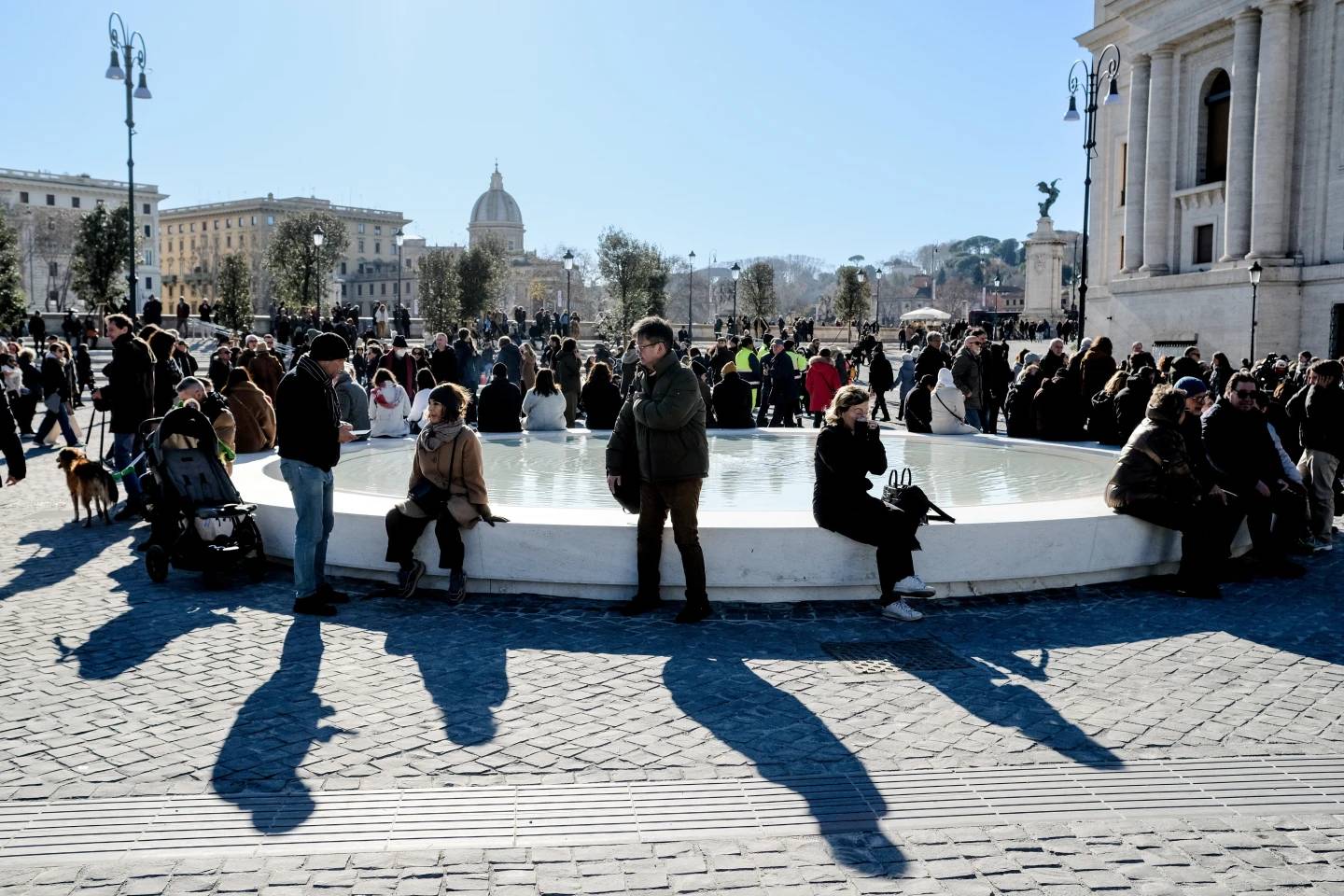ROME – In moves that advance the sainthood causes of two of the most celebrated, and, at times, controversial Catholic figures of the 19th and 20th centuries, the Vatican announced Wednesday that a miracle has been attributed to Cardinal John Henry Newman and “heroic virtue” has been attributed to Cardinal József Mindszenty.
Newman, an Englishman who died in 1890, is perhaps the most renowned Anglican convert to Catholicism of all time. A theologian, poet and essayist, Newman was beatified in 2010, meaning the new miracle clears the way for his canonization, the formal act of declaring him a saint.
The head of the Catholic Church in England and Wales, Cardinal Vincent Nichols, praised the news in a statement.
“Newman’s exploration of faith, depth of personal courage, intellectual clarity and cultural sensitivity make him a deeply admired follower of Christ,” Nichols said. “During his life the people of Birmingham recognized his holiness and lined the streets at the time of his burial. I hope every parish priest in England will hold his head high today knowing Cardinal Newman is declared a saint.”
The cardinal also said the canonization of Newman would be “welcomed” by the Church of England and wider Anglican Communion.
“He brings together so many of the best of Catholic traditions shared well beyond the Catholic Church,” Nichols said.
Mindszenty, who died in exile in 1975, was the leader of the Hungarian Church from 1945 to 1973, during the Soviet occupation of the country. He was convicted of treason by the country’s Communist authorities in a 1949 show trial and spent eight years in prison before an uprising in 1956, which allowed him to seek refuge in the American embassy in Budapest where he lived for 15 years.
Mindszenty became a global symbol of resistance to Communism, and he was eventually permitted to leave Hungary in 1971. He died in Vienna, Austria, in 1975, where he had been welcomed by the late Cardinal Franz König, who had opened negotiations with the Hungarian Communists to secure his release at the personal request of St. Pope John XXIII.
A decree of “heroic virtue” means that Mindszenty is now entitled to be called “venerable,” and that his sainthood cause must await one approved miracle for beatification and another for eventual canonization.
Newman’s theological output was prolific, including works such as Apologia Pro Vita Sua (1864) and Grammar of Assent (1870). Among other things, he’s known for his concept of the development of doctrine, meaning that the Church’s understanding of a given doctrine can gradually develop over time.
Newman was kept at arm’s length during the papacy of Pope Pius IX, in part because of his reservations about the dogma of papal infallibility proclaimed at the First Vatican Council (1869-1870) – not over the content of the dogma but the fashion in which it was declared. He later advocated minimizing the scope of the dogma, restricting its application to just a handful of papal pronouncements.
In 1879, the new Pope Leo XIII made Newman a cardinal, who accepted on the condition he not be ordained a bishop. He was a lifelong opponent of “liberalism” in religious matters, arguing it would inevitably lead to relativism.
Mindszenty, too, crossed swords with ecclesiastical authority at certain points in his career.
He was allowed to leave Hungary in 1971 as a part of deal negotiated by aides to St. Paul VI with the Communist authorities, in which a 1949 excommunication of everyone involved in his trial imposed by Pope Pius XII was lifted. Paul VI wanted Mindszenty to resign as the Hungarian primate so that new leadership could be imposed but he refused, and there was no Church law at the time requiring bishops to submit resignations at a certain age.
Eventually Paul VI stripped Mindszenty of his title in 1973, though he declined to name a replacement until after Mindszenty died in 1975.
Wednesday’s Vatican statement indicated that Pope Francis had received Italian Cardinal Angelo Becciu, prefect of the Vatican’s Congregation for the Causes of Saints, the day before, and authorized decrees in eight sainthood causes, including those of Newman and Mindszenty.
This report has been updated with the statement by Cardinal Vincent Nichols.















